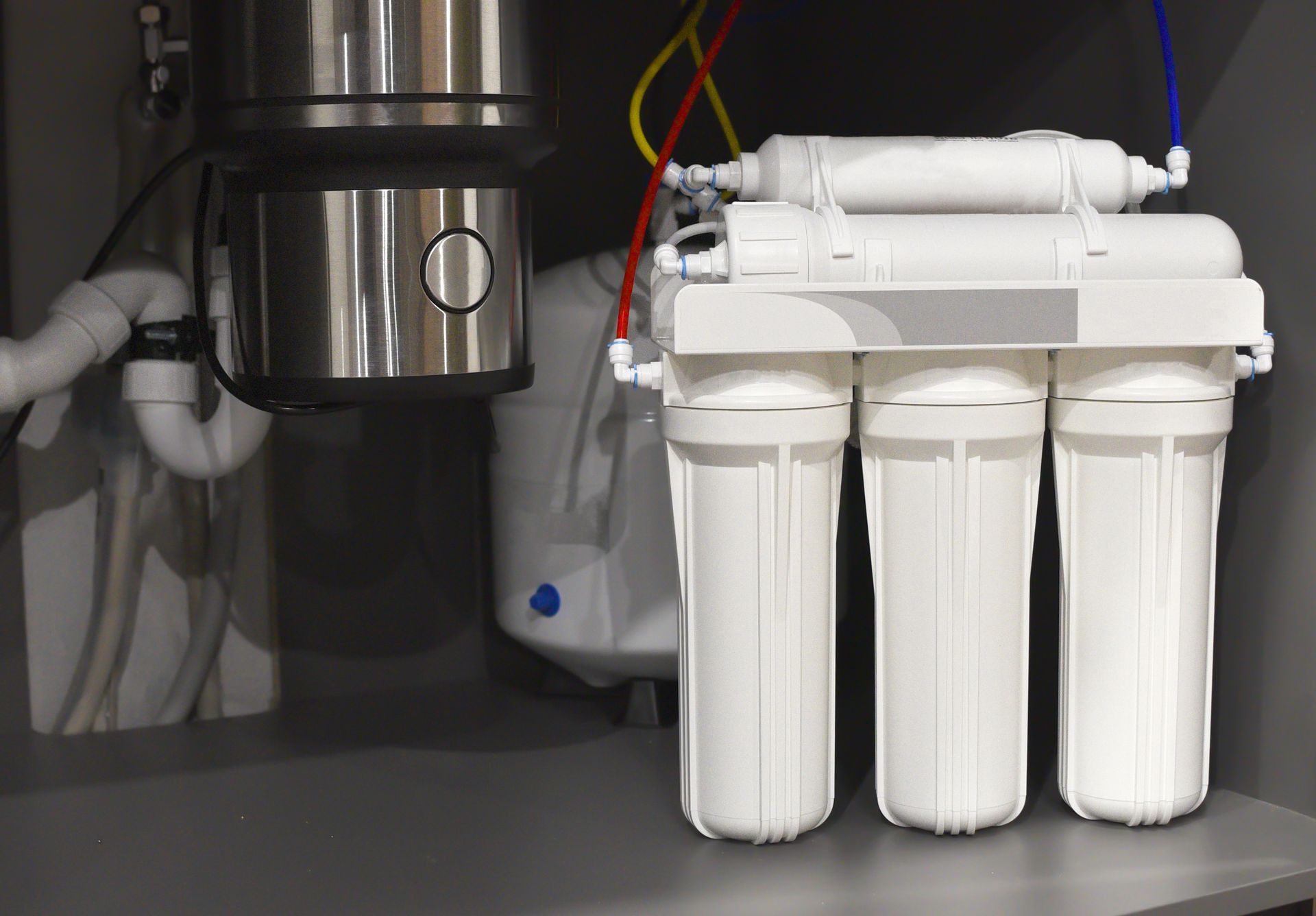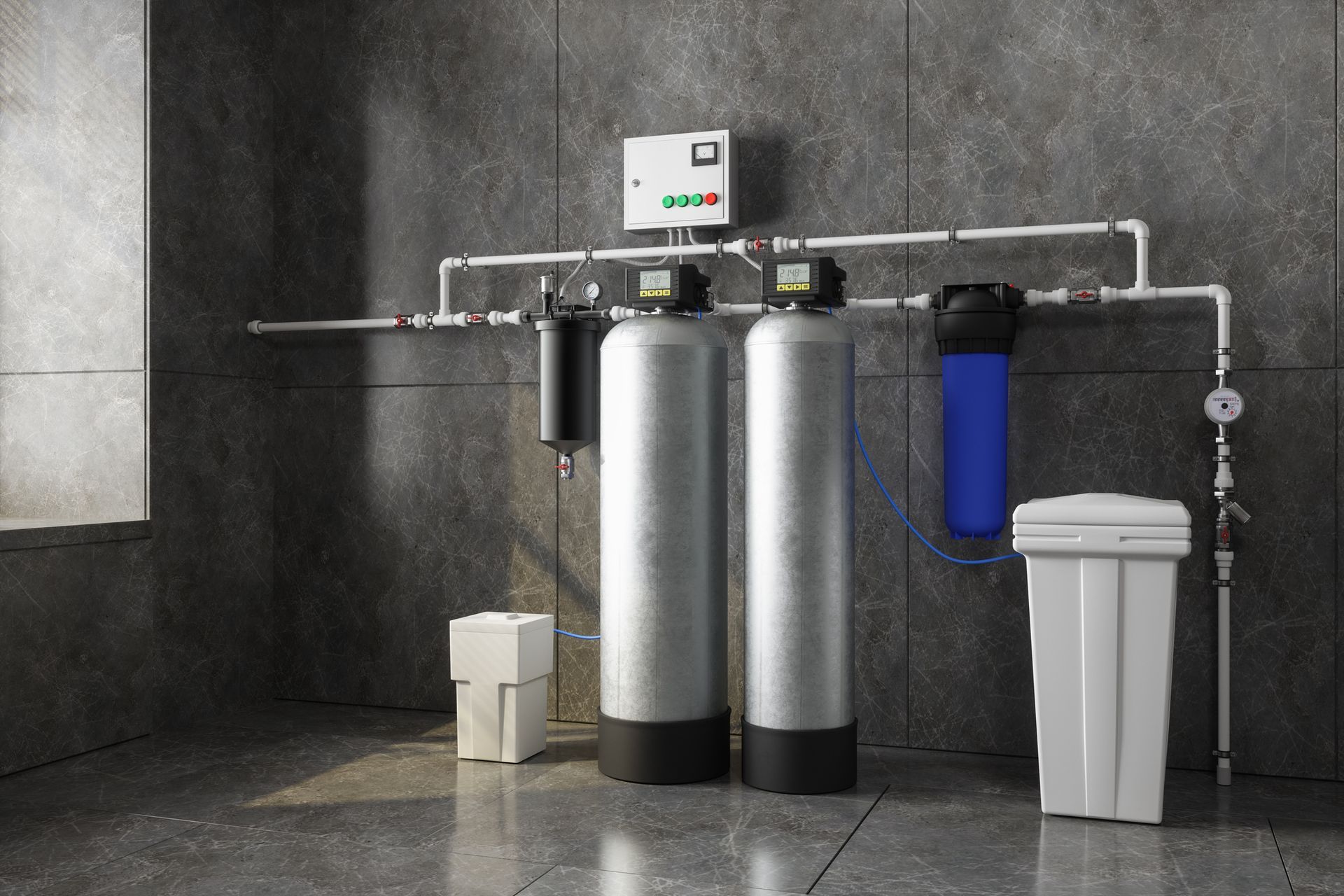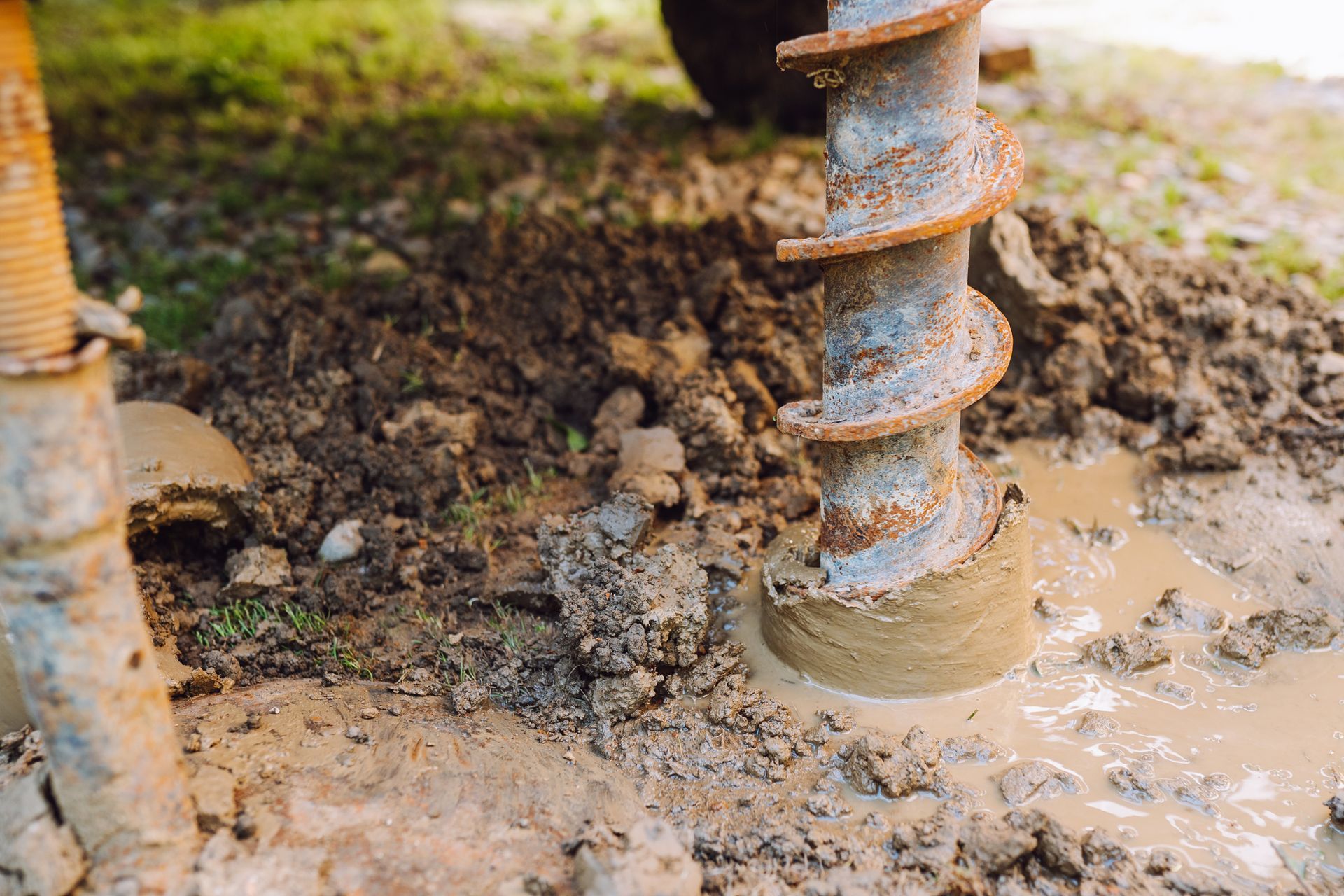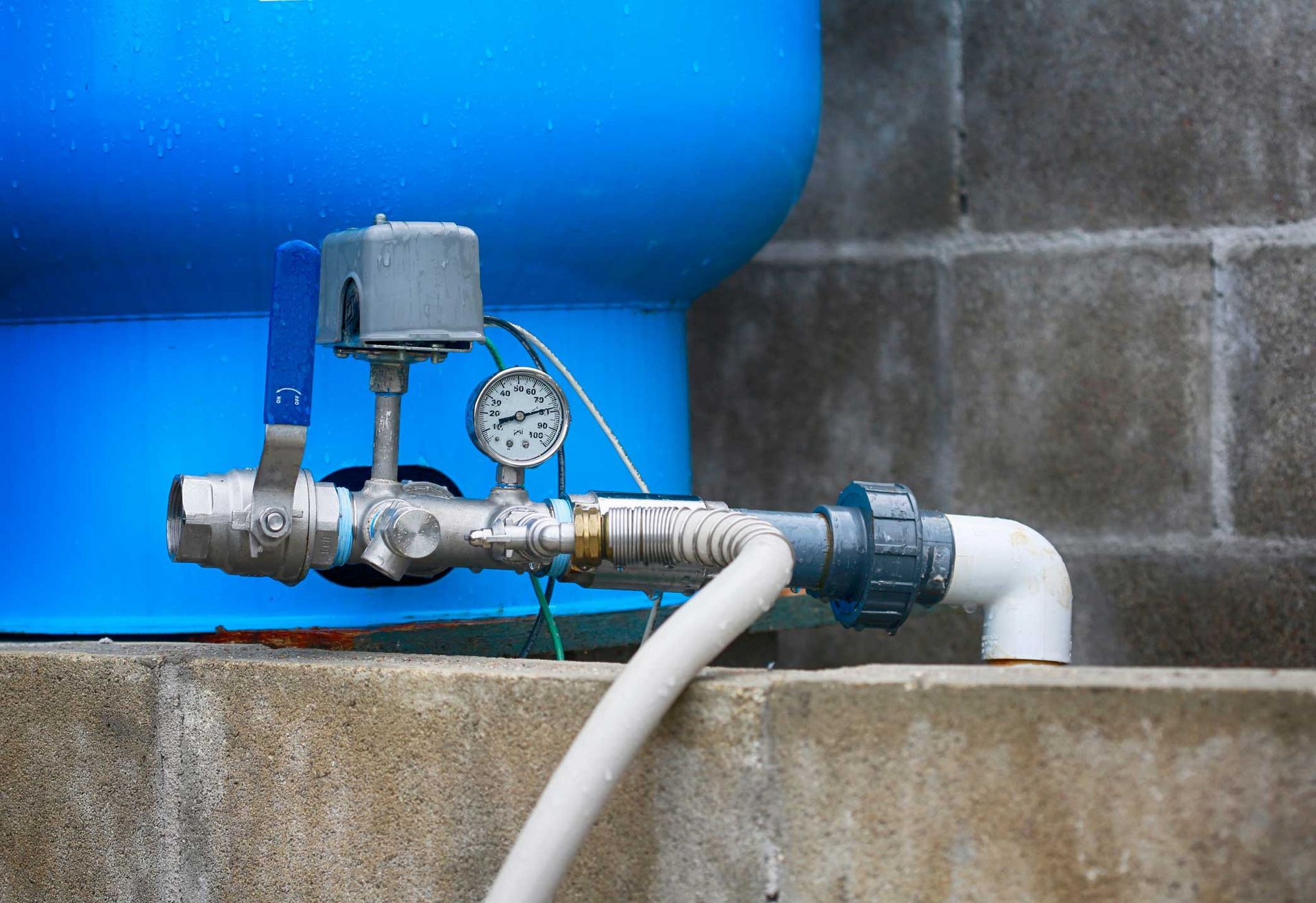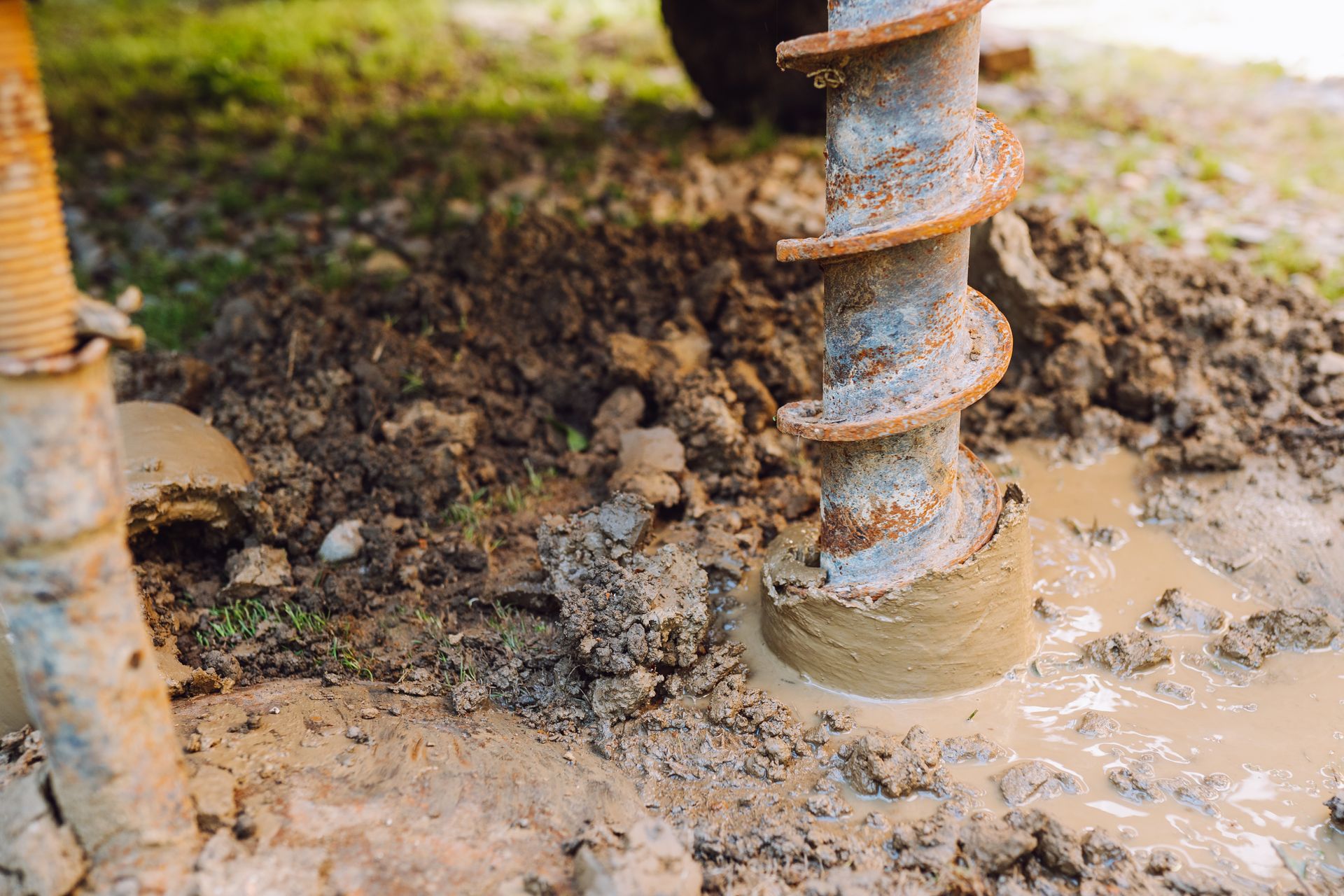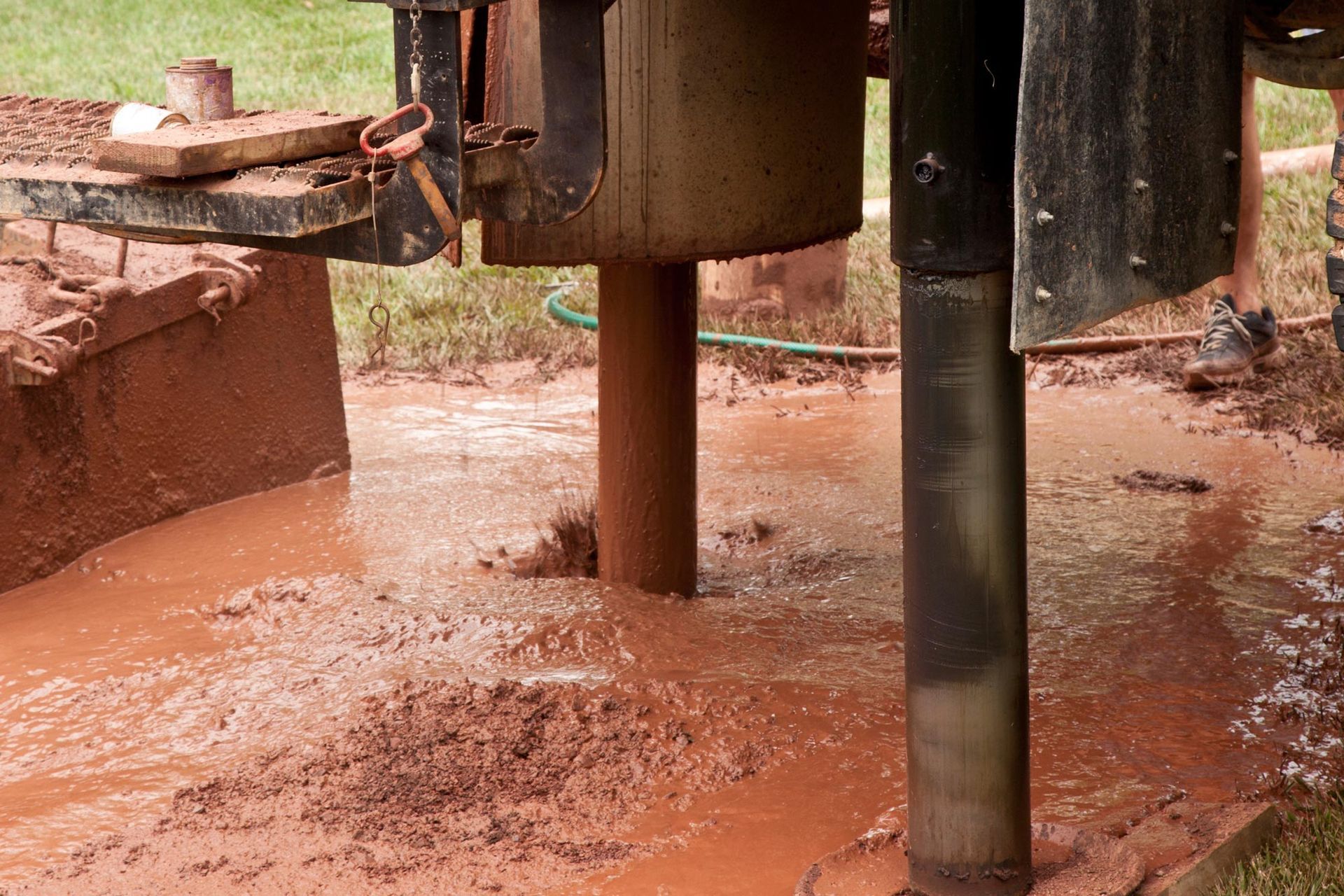Major Types of Well Pumps You Should Know
Well pumps are essential devices used to draw water from underground sources such as wells or boreholes. These pumps play a critical role in providing water for residential, agricultural, and industrial purposes. There are various types of well pumps, each designed to cater to specific needs and circumstances. Explore the main types of well pumps.
Submersible
Submersible well pumps are specialized pumps designed to be submerged in water, typically used for extracting water from deep wells or other water sources below the ground. They are commonly used in domestic, agricultural, and industrial settings where there is a need for efficient and reliable water supply.
These pumps consist of a sealed motor that is close-coupled to the pump body, allowing the entire unit to be submerged underwater. This design helps prevent pump cavitation and ensures efficient water extraction.
The main components of a submersible well pump include a hermetically sealed motor that is insulated to prevent water leakage and damage, a series of impellers and diffusers that facilitate the movement of water, and a water intake screen to prevent large debris from entering the pump. These pumps are typically made of corrosion-resistant materials such as stainless steel to withstand the harsh conditions of being submerged in water for extended periods.
One of the key advantages of submersible well pumps is their ability to push water to the surface with greater efficiency compared to other types of pumps. They are also known for their quiet operation and relatively low maintenance requirements. Additionally, submersible well pumps are often more durable and have a longer lifespan than traditional above-ground pumps, making them a popular choice for areas with deep water sources.
Jet Pump
Jet well pumps are a type of water pump used to extract water from wells, particularly shallow wells. They operate using principles of fluid dynamics and the Venturi effect. These pumps are typically installed above ground or near the wellhead and are commonly used in residential and agricultural settings.
A jet well pump consists of a series of components that work in tandem to facilitate water extraction. This includes a motor that powers the pump, an impeller that creates pressure differentials, and a jet assembly that utilizes the Venturi effect to generate suction. Additionally, some pipes and valves regulate the flow of water.
The working principle involves high-speed water jets to create a vacuum that lifts water from the well. The pump draws water through the suction pipe, which then passes through the jet assembly. As water flows through the narrow section of the jet, it accelerates, creating a low-pressure area that pulls water up from the well. The impeller then pressurizes the water, pushing it further up through the discharge pipe.
Centrifugal
Centrifugal well pumps are a type of water pump designed to draw water from underground wells or reservoirs and transport it to the surface for various applications, such as irrigation, domestic use, or industrial processes. These pumps operate based on the principle of centrifugal force, which is generated by the rotation of an impeller within the pump casing.
The main components of a centrifugal well pump include the motor, pump head, impeller, and diffuser. The motor provides the necessary power to drive the impeller, which creates a centrifugal force that pushes the water toward the pump outlet.
As the impeller rotates, it creates a low-pressure zone at the center, causing water to be drawn into the pump through the intake pipe. The water is then propelled outward by the centrifugal force, increasing its kinetic energy as it moves through the impeller and the diffuser. Finally, the water is discharged through the pump outlet and into the delivery pipe, providing the required water flow and pressure for the intended application.
Understanding the different types of well pumps and their functionalities can help in selecting the most suitable pump for specific well depths, water requirements, and environmental conditions. If you need further clarification, contact Berg Well Drilling.

